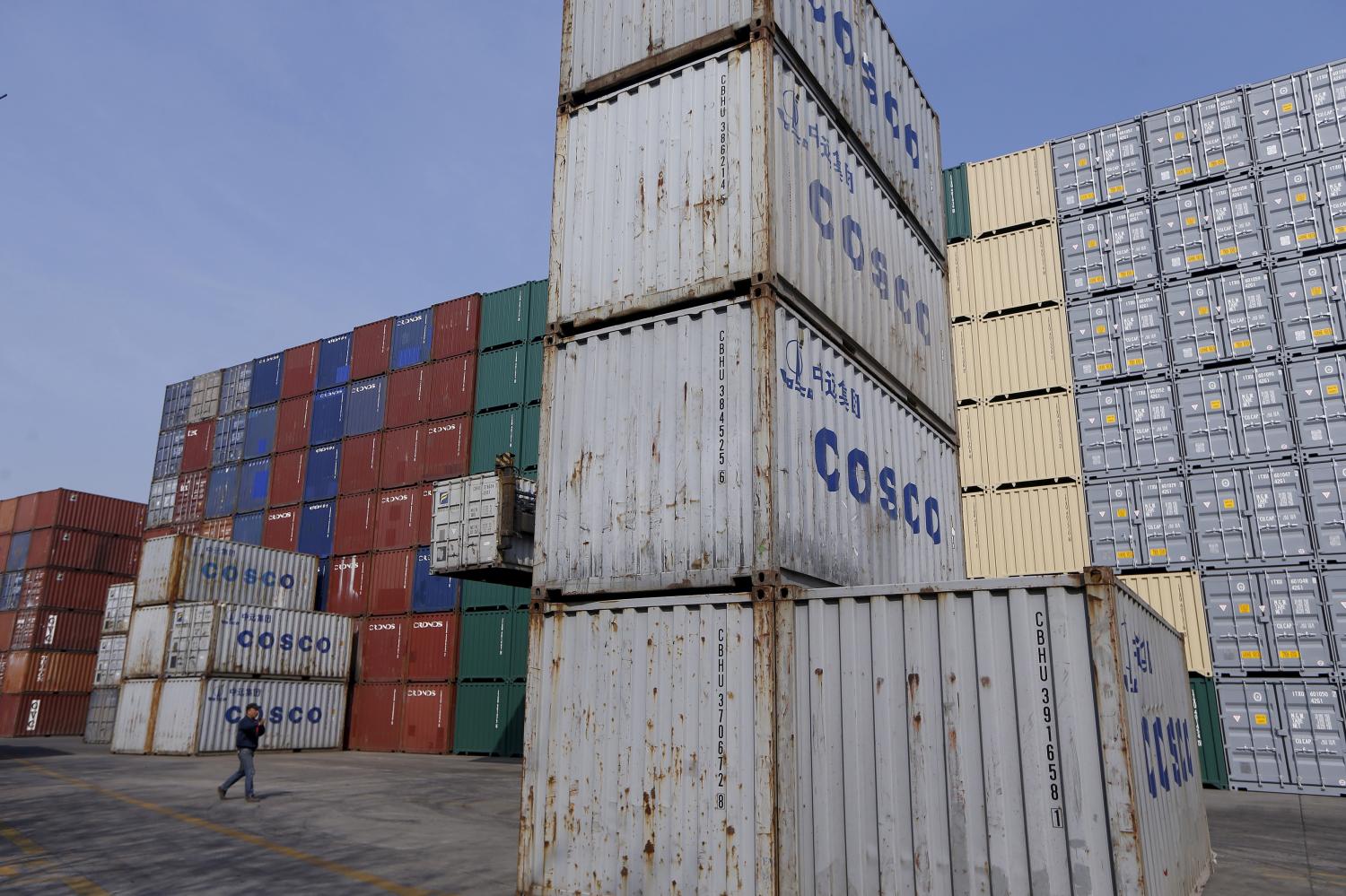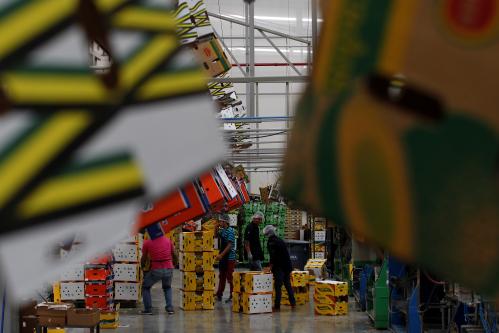abstract
The modern investor-state arbitration regime was explicitly designed to replace commercial diplomacy as a mechanism for protecting foreign investment. I argue, however, that diplomacy continues to play an important role in managing political risk, particularly in countries with weak rule of law. Yet since commercial diplomacy occurs primarily behind closed doors in confidential negotiations, it is difficult to observe, let alone test for its effects. To assess the effectiveness of contemporary commercial diplomacy, I exploit variation in vacancies among U.S. ambassadors to foreign countries—conditions which are determined overwhelmingly by U.S. domestic political factors, and thus represent a quasi-natural experiment for testing the effects of commercial diplomacy. I show that American investors are significantly more likely to initiate investor-state arbitration disputes when the position of U.S. ambassador to the host state is temporarily vacant, and that these effects are particularly strong in countries with weak rule of law. The results suggest American investors frequently seek assistance from the U.S. government in informally resolving incipient investment disputes; if diplomatic channels are unsuccessful or unavailable, investors then file formal arbitration cases. These findings have important implications not only for the investment protection regime, but more broadly for understanding the role of commercial diplomacy in global economic governance.
introduction
Foreign investors face considerable policy risks when operating in developing countries that lack strong institutions for protecting property rights. Host state governments can expropriate investments, directly or indirectly; breach contracts; and impose new taxes and regulations on foreign investors. In response to these risks, firms rely on a range of political-, legal- and market-based institutions and strategies to minimize the likelihood and impact of adverse host state policy actions. These include forming joint ventures with local firms (Henisz 2000), integrating into supply chains (Johns and Wellhausen 2015), building political ties with host state policymakers (Henisz and Zelner 2005), partnering with politically powerful multilateral institutions (Nose 2014), purchasing political risk insurance (Moran 1998), and threatening and pursuing investor-state arbitration cases via the global network of investment treaties (Salacuse 2010; Allee and Peinhardt 2011; Jandhyala and Weiner 2014; Kerner and Lawrence 2014; Simmons 2014; Wellhausen 2016).
This article focuses on an asset for managing political risk available to foreign investors which to date has received scant attention in the literature: access to political interventions from their home state governments.1 It is well-known that firms with privileged access to domestic political actors and close ties to the state enjoy private advantages, and this appears to be particularly true in countries with weak institutions (Fisman 2001; Hellman, Jones and Kaufmann 2003; Faccio 2006; Truex 2014; Özcan and Gündüz 2015). Yet there is little systematic evidence on what effect, if any, foreign investors’ access to political support from their home government has on their ability to manage political risk in foreign countries. Does greater access to commercial diplomacy from their home states benefit foreign investors? This article addresses this question in the context of investment disputes between American companies and developing country governments. I argue that U.S. firms rely on access to American diplomats for support in pressuring host state officials to informally settle investment disputes. Diplomats can facilitate dispute resolution by functioning as mediators and by pressuring host states to address investors’ complaints by linking individual disputes to the broader bilateral diplomatic relationship. Commercial diplomacy is particularly important in countries with weak rule of law, where politicians and bureaucrats fail to apply rules and policies impartially, as such indeterminacy opens up more space for deals to be negotiated. When investors have access to a strong diplomatic presence able to help them resolve disputes through informal negotiations, they in turn are less likely to file formal investor-state arbitration cases.
Studies of the relationship between diplomatic interventions and investment protection are fundamentally challenged by a lack of observable data. Indeed, both the independent variable (the diplomatic intervention) and the dependent variable (the settlement of an investment dispute) are generally unobserved. When an ambassador calls a host state foreign minister and successfully convinces her to resolve a complaint lodged by a foreign investor, neither the intervention nor the dispute resolution is typically observed, as both occur behind closed doors. This lack of empirical material has contributed to a considerable gap in our understanding of commercial diplomacy and its role in contemporary investment protection.
This paper seeks to fill this gap. It uses a novel indicator to measure access to effective commercial diplomacy: temporary vacancies in the position of U.S. ambassador in American embassies abroad. Ambassadors play a crucial role in commercial diplomacy by personally intervening with high-level government officials. When there is a resident ambassador in office, American investors have access to effective commercial diplomacy and are more likely to have their disputes resolved informally through diplomatic channels (which are unobserved). When the position of ambassador is temporarily vacant—conditions which are determined by U.S. domestic political and bureaucratic factors, and are thus plausibly exogenous to host country factors—this makes it more difficult for American investors to settle disputes informally. In these circumstances, investors are more likely to rely on formal legal arbitration (which is at least partially observed).2 The findings suggest that despite the availability of investment arbitration, access to commercial diplomacy remains an important tool for settling investment disputes.
More generally, the arguments presented in this paper have broader implications for research on informal governance in the global economy and the role of diplomacy in contemporary world politics. In recent years the number and scope of formal institutions regulating international relations have significantly expanded and these organizations have become increasingly legalized (Abbott and Snidal 1998; Goldstein et al 2000; Koremenos et al. 2001; Alter 2014; Johns 2015). This is particularly true of the international investment regime, where some 3,000 bilateral and multilateral treaties grant private actors direct access to legalized dispute resolution mechanisms. Yet the fact that diplomacy and informal power politics persist beneath the surface of the formal, legalized world of investment arbitration underlines that informal governance continues to operate even in highly legalized issue areas. These findings contribute to recent research on informal governance within formal international organizations (Christiansen and Piattoni 2003; Stone 2011; Stone 2013; Kleine 2013), as well as the broader literature on informal institutions in comparative politics (O’Donnell 1996; Lauth 2000; Helmke and Levitsky 2004; Christiansen and Neuhold 2012). Similarly, the evidence that diplomatic interventions can promote the resolution of investment disputes should be of interest to academics studying the effect of diplomacy on economic relations (Rose 2007; Bayne and Woolcock 2011; Gray and Potter 2015; Poulsen and Aisbett 2016), while the focus on the personal interventions of ambassadors complements recent analyses of personal diplomacy in international affairs (Hall and Yahari-Miro 2012; Holmes 2013; Rathbun 2014; Lebovic and Saunders 2015).
-
Footnotes
- Exceptions in the literature for the post-Cold War period include Wells and Ahmed (2007), which addresses how energy companies investing in Indonesia turned to diplomats for support in the midst and aftermath of the 1998 crisis; Wellhausen (2014), which includes discussion of diplomatic interventions to support the property rights of foreign investors in Eastern Europe; and Duanmu (2014), which argues that Chinese state-owned enterprises are able to leverage the political influence of their home government to det er expropriation risk. Literature on the historical use of commercial diplomacy is discussed later in the text.
- Not all arbitration cases are observed, as some are conducted privately and confidentially.







